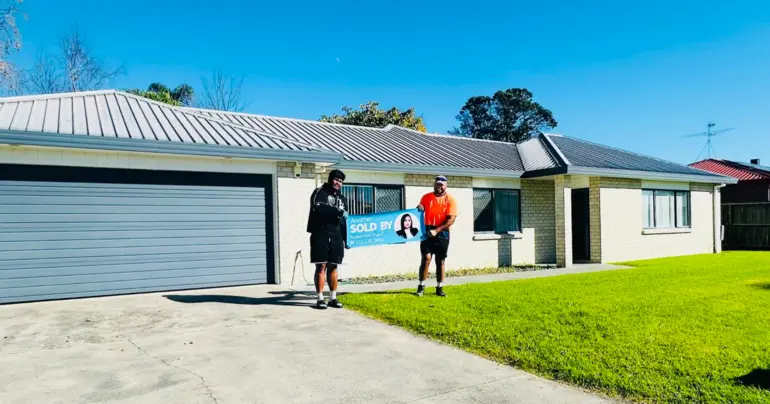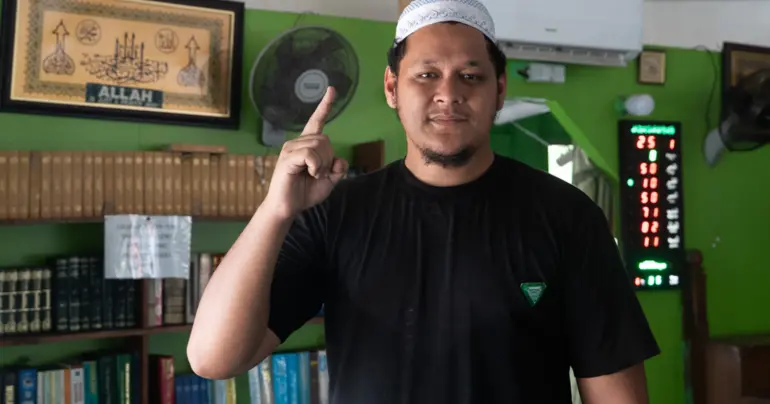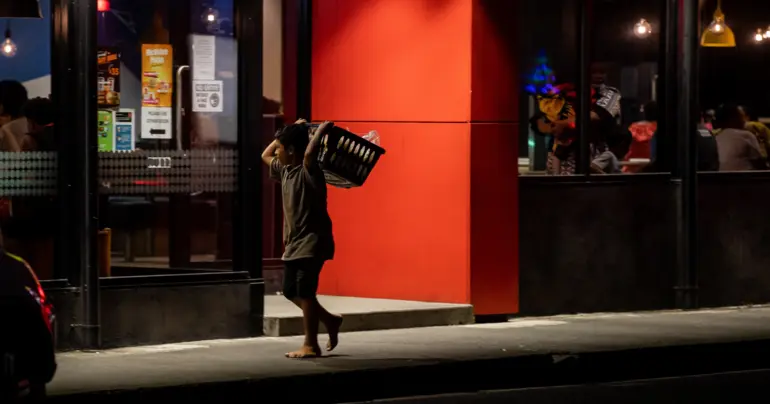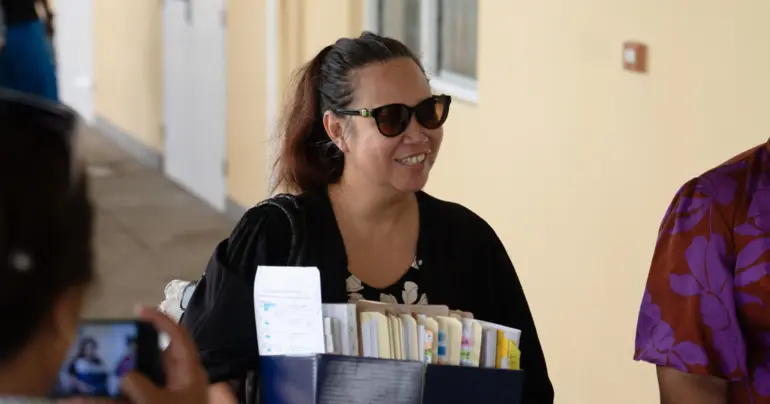Facebook ban dumped
 By Joyetter Feagaimaali'i
•
12 May 2021, 10:10AM
By Joyetter Feagaimaali'i
•
12 May 2021, 10:10AM
After days of mixed messages and controversy, the Government on Wednesday morning finally dumped its plans to ban Samoans from accessing Facebook before and during a scheduled 21 May national election.
 By Joyetter Feagaimaali'i
•
12 May 2021, 10:10AM
By Joyetter Feagaimaali'i
•
12 May 2021, 10:10AM











